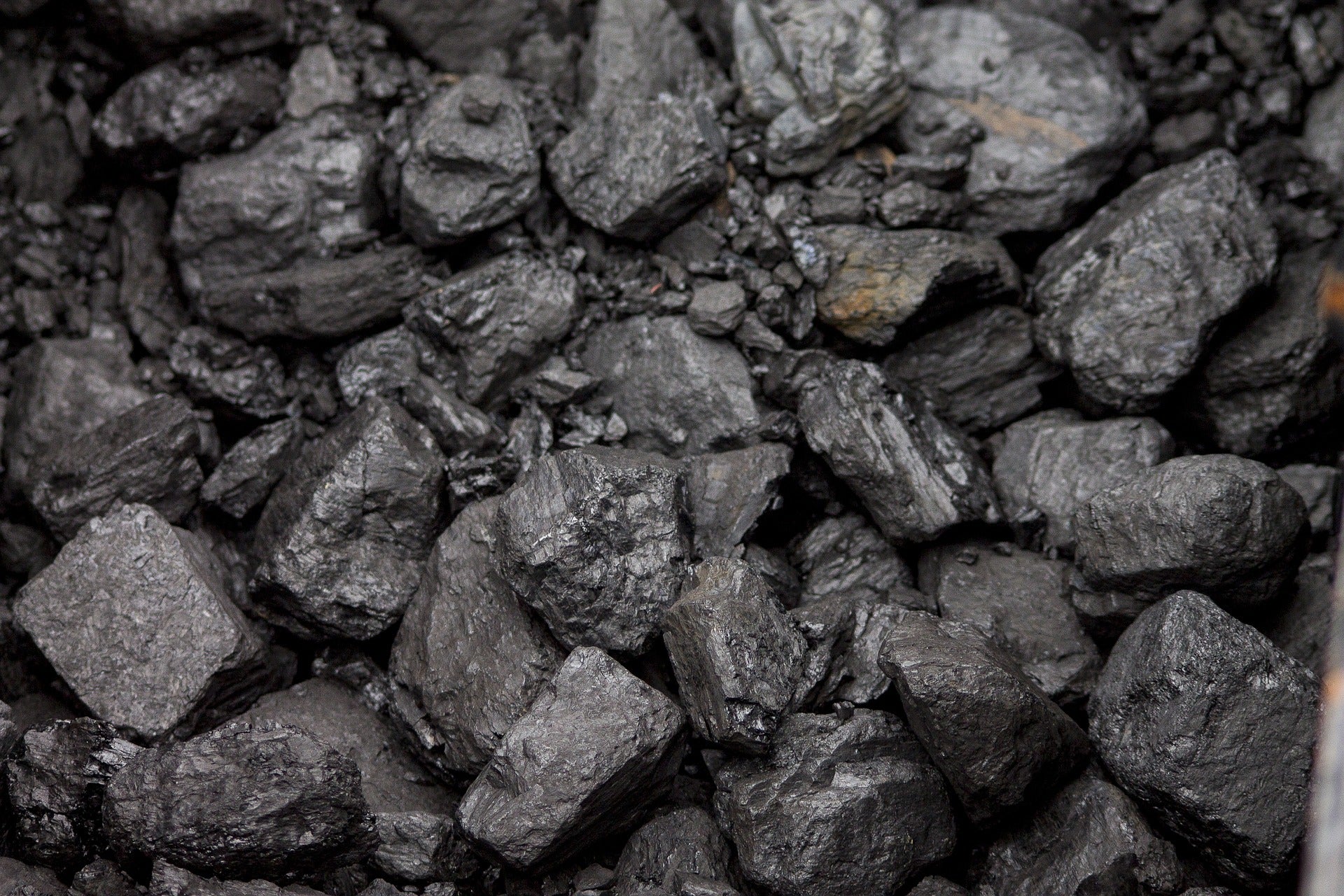
Pralhad Joshi, India’s minister for coal, said on Wednesday that the country will have enough coal reserves to begin exporting the fuel by 2026, Times of India reports.
This would shift India from a net importer of coal to a net exporter of non-coking coal, Joshi said, speaking at the seventh round of auctions for a commercial coal-mining block in New Delhi.
The minister also made assurances that supplies of coal will not be interrupted this coming summer, with energy demand expected to peak at 229GW in April.
During the upcoming financial year, domestic coal demand is predicted to reach 1.1 billion tonnes, and India currently still relies on imports to meet these requirements.
According to India’s Ministry of Coal, the country’s total cumulative coal reserves were estimated at 361.41 billion tonnes in April last year.
Joshi also said that India’s imports of substitutable coal totalled 90 million tonnes, adding that this will stop by 2026 at the latest, then the country will have enough in reserve to begin exports.
“Except for coking coal, we will stop the [import of] thermal coal” within the next three years, he said. “Record coal production has happened at nearly 900 million tonnes in financial year 2023, and we have coal stock of 116-117 million tonnes at present. I assure the country of uninterrupted coal supply in summers or in rainy seasons,” he added.
Both private and public companies have been directed to continue with their coal production during April and May.
Out of line with the energy transition
India remains the second-largest producer of coal after China, with a production rate of 716 million tonnes in 2020, according to Statista. It is also the second-biggest consumer of coal in the world, again after China, consuming 20.09 exajoules of energy from coal plants in 2021.
Despite a global effort to shift away from fossil fuels to tackle climate change, India continues to prioritise coal as its main source of energy. According to its Ministry of Coal, coal power accounts for 55% of the country’s energy supply. It also states that “coal will continue to occupy centre-stage of India’s energy scenario”, potentially for the “next century and beyond”.
This is out of line with the requirements of the energy transition. A report published by the International Renewable Energy Agency on Tuesday said that in order to maintain the 1.5°C climate target, renewables must account for 91% of global energy supply by 2050, and fossil fuels must account for just 5%.
India published its long-term emissions strategy at the COP27 summit in November, in which it pledged to reach net-zero by 2070. This is decades too late, according to the Paris agreement, which states that global emissions must be net-zero by 2050 for the 1.5°C target to be kept.



